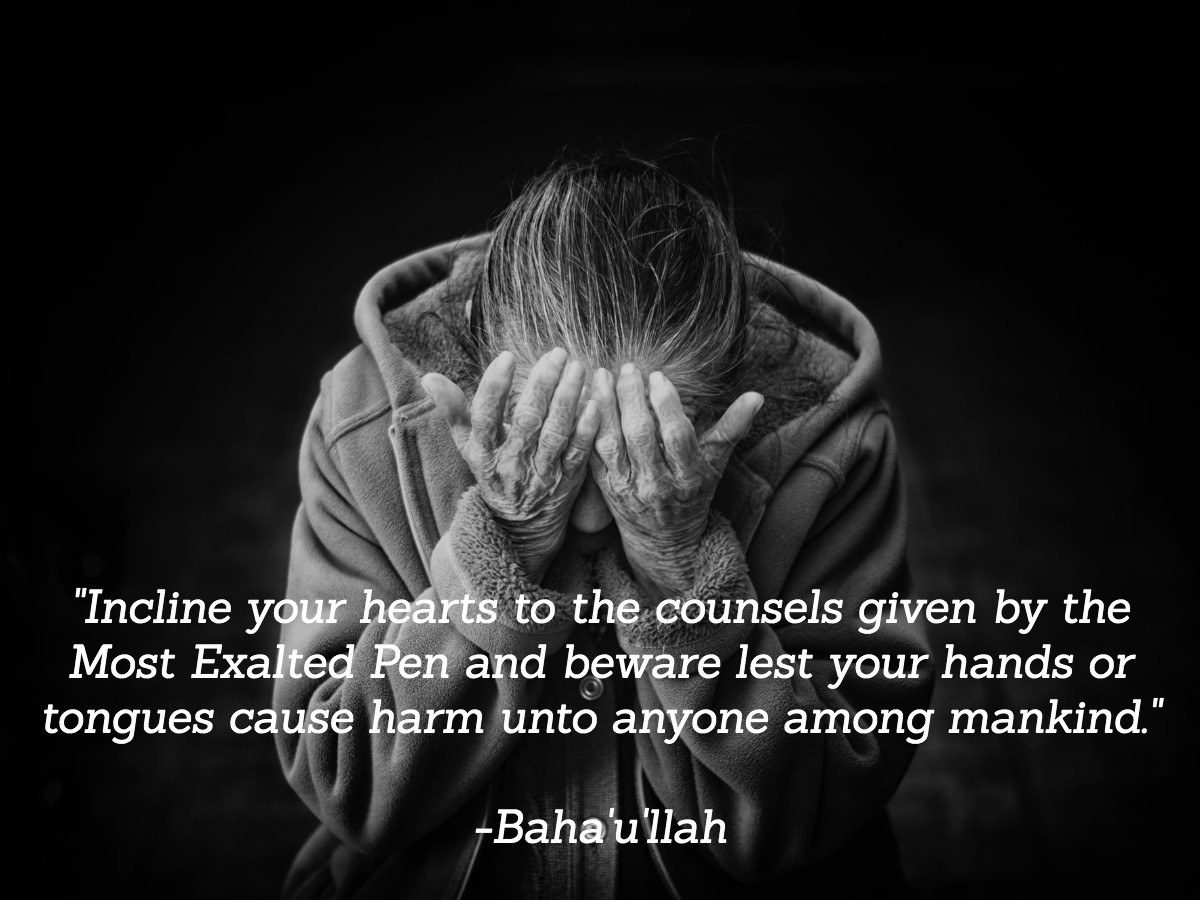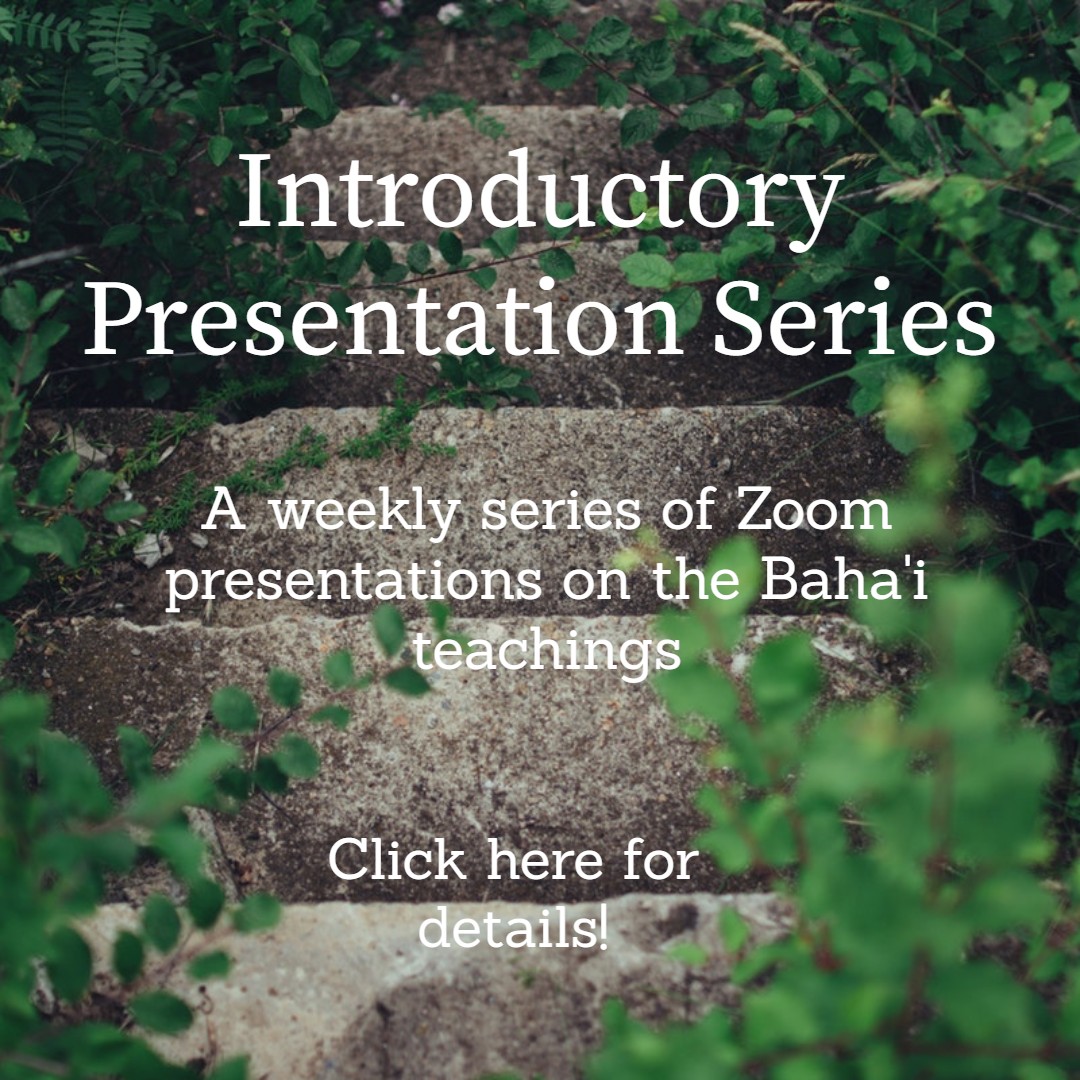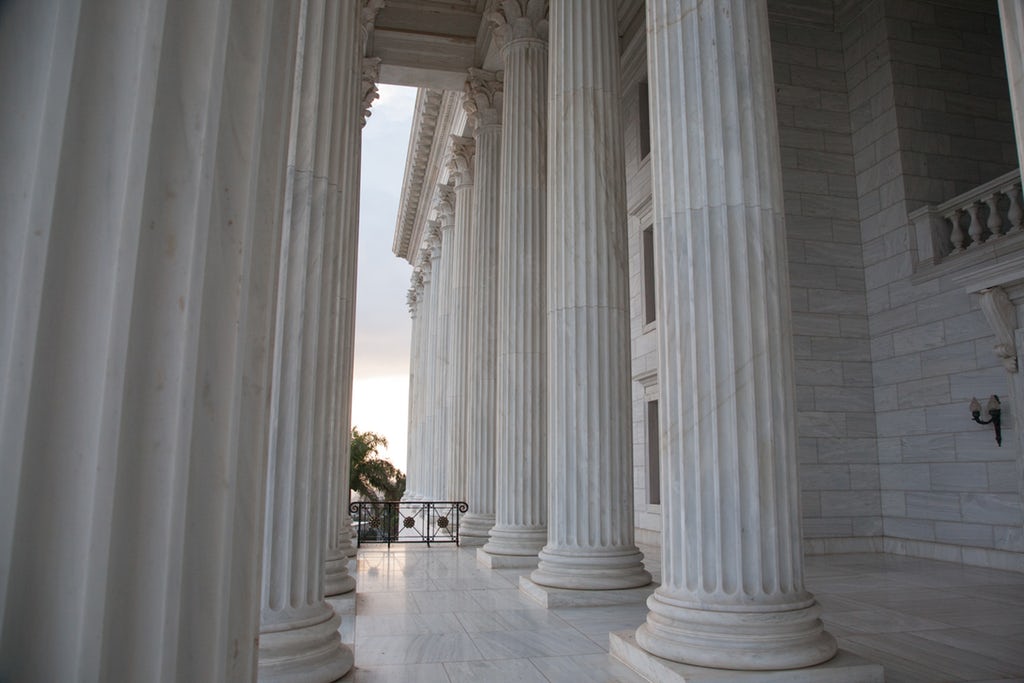One of the signal markers for the development of any society is that it transitions from placing authority and power in the hands of individuals- kings, priests…etc- and instead places it in the hands of institutions. It’s not that kings and priests did not have a place in the governance of humanity at earlier stages of history, when the masses of people were uneducated. It’s just that, once education is universal, a society can best draw on the wisdom of its people by placing power in institutions that reflect those people, rather than single leaders. This is of course a root principle of democracy.
Historically, religions were governed by clerical institutions, usually by people who are professionally trained in the theology of the religion and guiding their local communities. Everyone is familiar with this model- that of priests of various forms- because it is what we are used to. But Baha’u’llah ordained a different model, in this, the “age of human maturity”. Baha’u’llah envisioned the development of local “Houses of Justice” who would be elected from among the people, ultimately culminating in the election of a world-wide “Universal House of Justice” that would guide the community. Priesthood- making religion your profession- was eliminated. People elected to serve on Baha’i institutions at the local, national, or international level hail from many different walks of life. They work consultatively and collaboratively with the greater community and with the others elected to guide the community. Consultation is the hallmark of community interaction, understanding also that ultimately the decision of the institutions, once made, need to be respected. In this way, the Baha’i community has become the most diverse single community of people on the planet.
The Universal House of Justice has guided the Baha’i community through its rapid expansion over the last decade by focusing on neighborhood and community development, with the understanding that it is through heart to heart local community efforts that society changes in the long term. The letters of the House of Justice are read with great reverence by Baha’i communities, as they set the plans for the global community year after year.
Just recently, the House of Justice addressed a letter to the American Baha’i community about the challenges we are currently facing. A short passage from that letter demonstrates the wisdom and guidance Baha’is have become accustomed to. We post it as a sample-
Racism is a profound deviation from the standard of true morality. It deprives a portion of humanity of the opportunity to cultivate and express the full range of their capability and to live a meaningful and flourishing life, while blighting the progress of the rest of humankind. It cannot be rooted out by contest and conflict. It must be supplanted by the establishment of just relationships among individuals, communities, and institutions of society that will uplift all and will not designate anyone as “other”. The change required is not merely social and economic, but above all moral and spiritual. Within the context of the framework governing your activities, it is necessary to carefully examine the forces unfolding around you to determine where your energies might reinforce the most promising initiatives, what you should avoid, and how you might lend a distinctive contribution. It is not possible for you to effect the transformation envisioned by Baha’u’llah merely by adopting the perspectives, practices, concepts, criticisms, and language of contemporary society. Your approach, instead, will be distinguished by maintaining a humble posture of learning, weighing alternatives in the light of His teachings, consulting to harmonize differing views and shape collective action, and marching forward with unbreakable unity in serried lines.
Ultimately, the power to transform the world is effected by love, love originating from the relationship with the divine, love ablaze among members of a community, love extended without restriction to every human being. This divine love, ignited by the Word of God, is disseminated by enkindled souls through intimate conversations that create new susceptibilities in human hearts, open minds to moral persuasion, and loosen the hold of biased norms and social systems so that they can gradually take on a new form in keeping with the requirements of humanity’s age of maturity. You are channels for this divine love; let it flow through you to all who cross your path. Infuse it into every neighborhood and social space in which you move to build capacity to canalize the society-building power of Bah’u’llah’s Revelation. There can be no rest until the destined outcome is achieved




